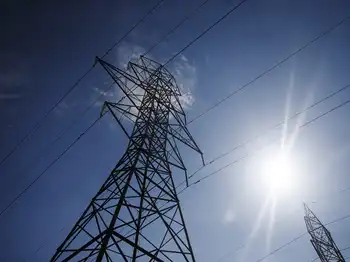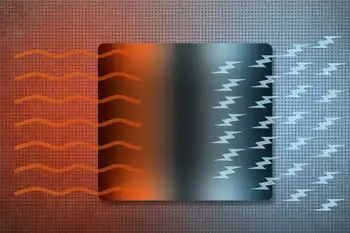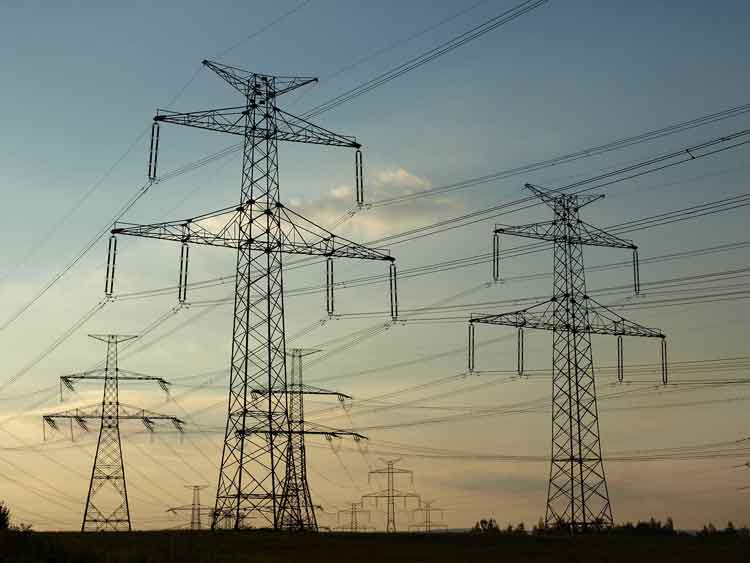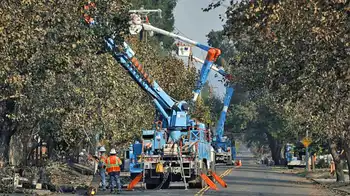Chalk River reactor repairs complete
And not a moment too soon, suggests a survey of nuclear medicine specialists.
The survey, released by the Canadian Institute of Health Information CIHI, shows a clear impact on the diagnosis of cancers and heart and lung diseases in the months after the reactor was abruptly closed in May 2009, shrivelling CanadaÂ’s supply of medical isotopes.
In October 2009, five months after the abrupt shutdown of Chalk RiverÂ’s NRU reactor, nuclear medicine exams had shrunk by 22.5 for heart and bone exams, and by 16.2 for lung exams over the same period in 2008, when the reactor was still producing the medical isotope Technetium-99.
In a large number of cases, specialists were able to reschedule patient exams or use the isotope they received more efficiently, the study found. But about one-quarter of the specialists surveyed said they simply did fewer exams using Tc-99.
CIHI got answers to its survey from about two-thirds of the 262 nuclear medicine facilities in Canada.
Technetium-99 is a key isotope for diagnosing cancers, heart and lung disease, and bone fractures.
In some case, doctors made up for isotope shortages by using a lower dose of TC-99, or by exposing the patient to a longer scanning time. In almost one-third of cases, they used a different isotope.
Seventy per cent of those questioned cited increased costs and unpredictability of isotope supply as major disruptions in trying to manage the crisis.
The Canadian Nuclear Safety Commission will hold a hearing June 28 to determine whether the Chalk River reactor can restart and begin producing medical isotopes in July.
“All requirements for the final repair have been met,” AECL said.
Related News

Americans aren't just blocking our oil pipelines, now they're fighting Hydro-Quebec's clean power lines
NEW YORK - Last week, Quebec Premier François Legault took to Twitter to celebrate after New York State authorities tentatively approved the first new transmission line in three decades that would connect Quebec’s vast hydroelectric network to the northeastern U.S. grid.
“C’est une immense nouvelle pour l’environnement. De l’énergie fossile sera remplacée par de l’énergie renouvelable,” he tweeted, or translated to English: “This is huge news for the environment. Fossil fuels will be replaced by renewable energy.”
The proposed construction of a 1.25 gigawatt transmission line from southern Quebec to Astoria, Queens, known as the Champlain Hudson Power Express, ties…





